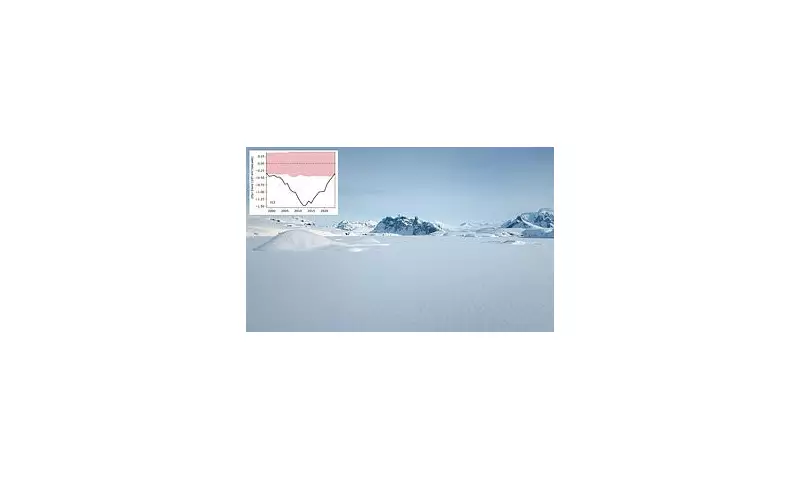
In a development that has left climate scientists both puzzled and intrigued, the rapid melting of Arctic sea ice has shown an unexpected slowdown, defying current climate models and projections. This remarkable phenomenon occurs against the backdrop of consistently rising global temperatures, creating what researchers are calling a 'climate paradox'.
The Great Arctic Puzzle
Scientists monitoring polar regions have observed a curious resilience in Arctic sea ice coverage that contradicts established warming trends. Despite 2023 being one of the warmest years on record globally, the rate of ice melt in critical Arctic zones has noticeably decelerated, presenting what experts describe as one of the most compelling climate mysteries of our time.
Research Findings That Defy Expectations
Detailed satellite analysis and field observations reveal that while ice coverage remains significantly below historical averages, the pace of decline has unexpectedly moderated. This slowdown phenomenon has persisted through multiple melting seasons, suggesting it may represent more than just seasonal variability.
Possible Explanations Behind the Mystery
Climate researchers are exploring several theories that might explain this unexpected development:
- Ocean current changes: Shifts in major ocean circulation patterns may be bringing cooler waters to key Arctic regions
- Atmospheric conditions: Unusual wind patterns and cloud cover could be providing temporary protection to ice sheets
- Natural climate variability: The Arctic climate system may be experiencing natural fluctuations that temporarily offset warming impacts
- Ice thickness dynamics: Surviving multi-year ice may have developed different physical properties that increase resilience
Scientific Caution and Climate Context
Researchers emphasize that this slowdown does not contradict the overwhelming evidence for human-caused climate change. Dr. James Thompson, a polar climate specialist, notes: "This is a temporary variation within a long-term trend, not a reversal. The Arctic has still lost approximately 40% of its summer ice volume since satellite monitoring began in 1979."
Implications for Climate Modeling
The unexpected persistence of Arctic ice challenges existing climate projections and underscores the complexity of polar systems. Scientists are now racing to incorporate these new observations into climate models, which could lead to refined predictions about future sea level rise and global weather patterns.
This scientific detective story continues to unfold as research teams intensify their monitoring efforts, recognizing that understanding this anomaly may provide crucial insights into the complex workings of our planet's climate system.





